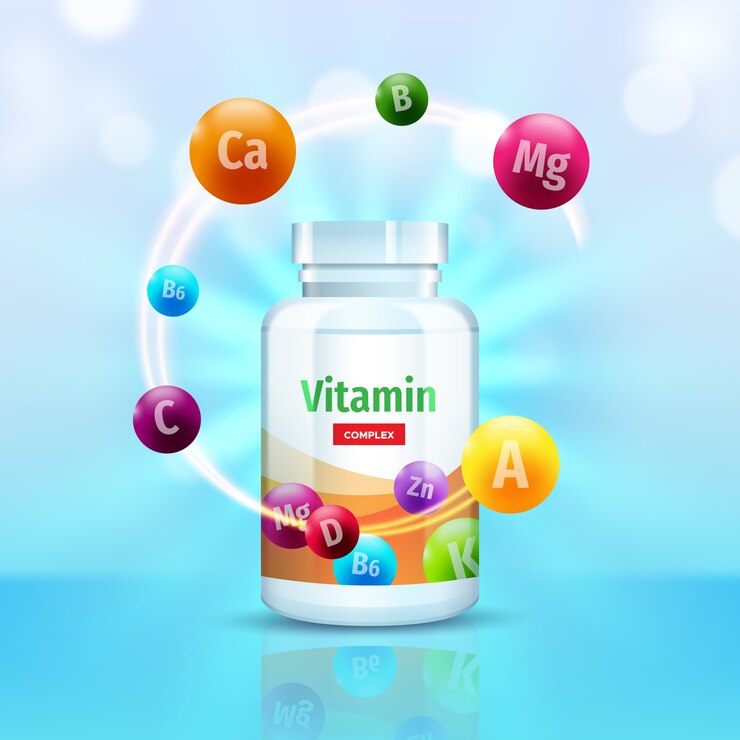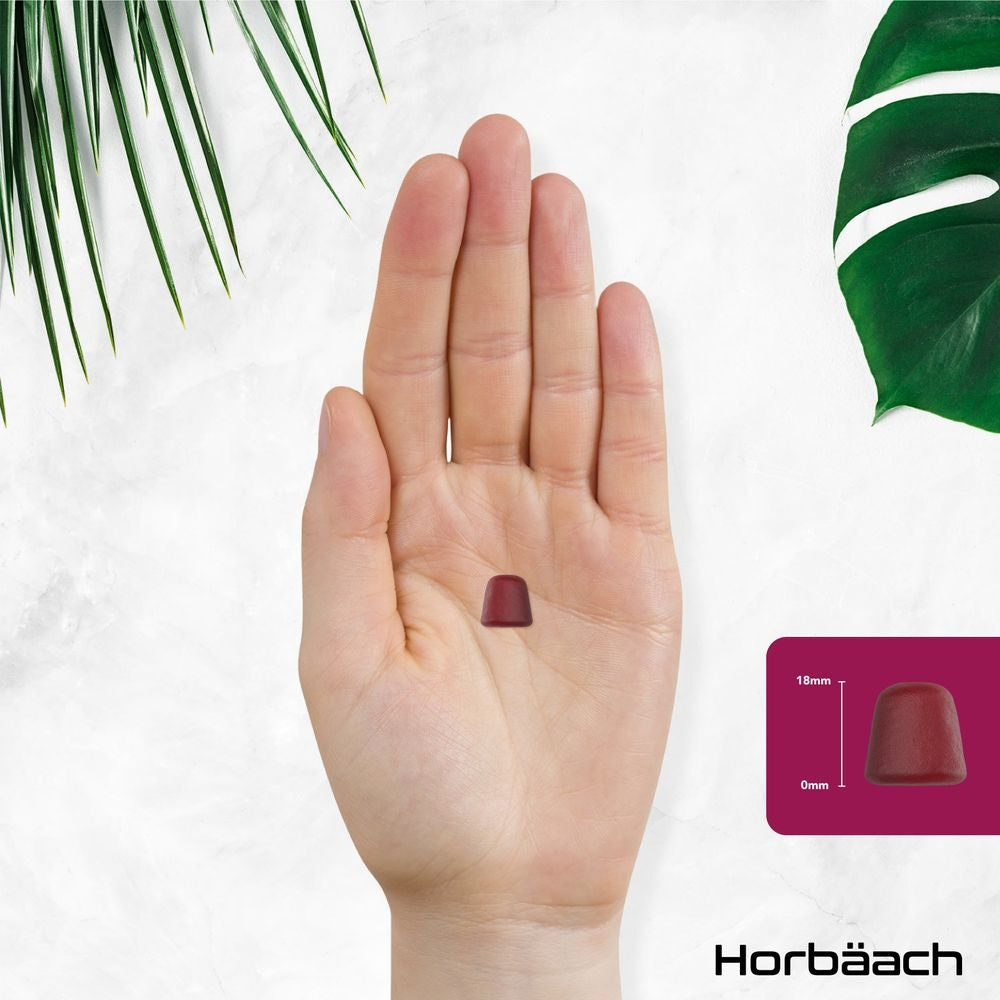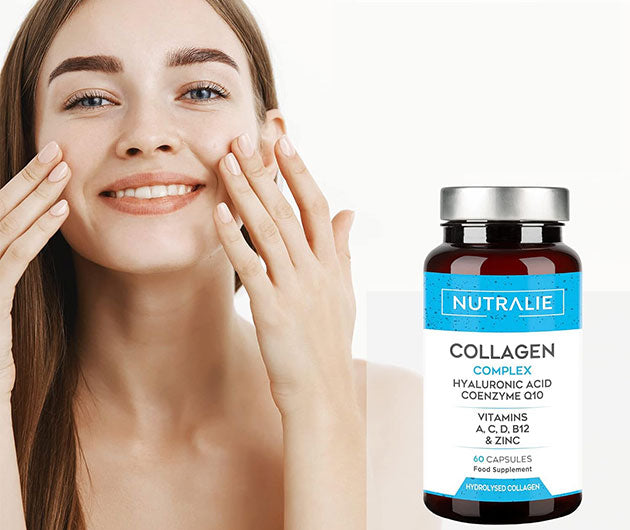
Benefits of Vitamin Supplements
While a balanced diet should be your primary source of nutrients, vitamin supplements can help fill nutritional gaps—especially for those with dietary restrictions, medical conditions, or increased nutritional needs (such as during pregnancy, aging, or intense physical activity). Here are some of the key benefits of vitamin supplements, along with examples of essential vitamins:
1. Supports Immune Health
Example: Vitamin C, Vitamin D, Zinc
- Vitamin C helps boost the immune system by stimulating the production of white blood cells.
- Vitamin D enhances pathogen-fighting effects of monocytes and macrophages.
- Zinc is essential for immune cell function and inflammation control.
Benefit: Reduces risk of infections and supports faster recovery.
2. Boosts Energy Levels
Example: Vitamin B12, B6, Folate
- Vitamin B12 and B6 help convert food into energy by supporting metabolism.
- Folate (Vitamin B9) is crucial for cell division and red blood cell formation.
Benefit: Helps reduce fatigue and supports mental focus and stamina.
3. Promotes Bone & Muscle Health
Example: Vitamin D, Calcium, Magnesium, Vitamin K2
- Vitamin D aids in calcium absorption.
- Calcium is a major component of bones and teeth.
- Vitamin K2 helps transport calcium to bones and prevent calcification in arteries.
Benefit: Reduces the risk of osteoporosis, fractures, and joint pain.

4. Improves Skin, Hair, and Nail Health
Example: Biotin, Vitamin E, Vitamin A, Collagen
- Biotin (Vitamin B7) strengthens hair and nails.
- Vitamin E protects skin cells from oxidative stress.
- Vitamin A promotes cell turnover for glowing skin.
Benefit: Supports healthy skin complexion, reduces hair fall, and strengthens nails.
5. Supports Brain Function & Mood
Example: Omega-3 (DHA), Vitamin B12, Vitamin D
- Omega-3 DHA supports brain structure and cognitive function.
- Vitamin B12 helps maintain the nervous system and supports mood regulation.
- Vitamin D has been linked to reduced risk of depression.
Benefit: Enhances memory, focus, and emotional well-being.
6. Aids Heart Health
Example: CoQ10, Vitamin B6, B12, Folic Acid
- Coenzyme Q10 (CoQ10) supports energy production in heart cells.
- B Vitamins help reduce homocysteine levels, which are linked to heart disease.
Benefit: Improves circulation and reduces cardiovascular risk.
7. Supports Vision and Eye Health
Example: Vitamin A, Lutein, Zeaxanthin
- Vitamin A is essential for good vision and eye surface health.
- Lutein and Zeaxanthin filter harmful blue light and protect the retina.
Benefit: Protects against age-related macular degeneration and eye strain.
Final Note
Vitamin supplements are not a replacement for whole foods but a supportive tool to enhance overall health. Always consult a healthcare provider before starting any supplement—especially if you are pregnant, breastfeeding, or taking medication.






